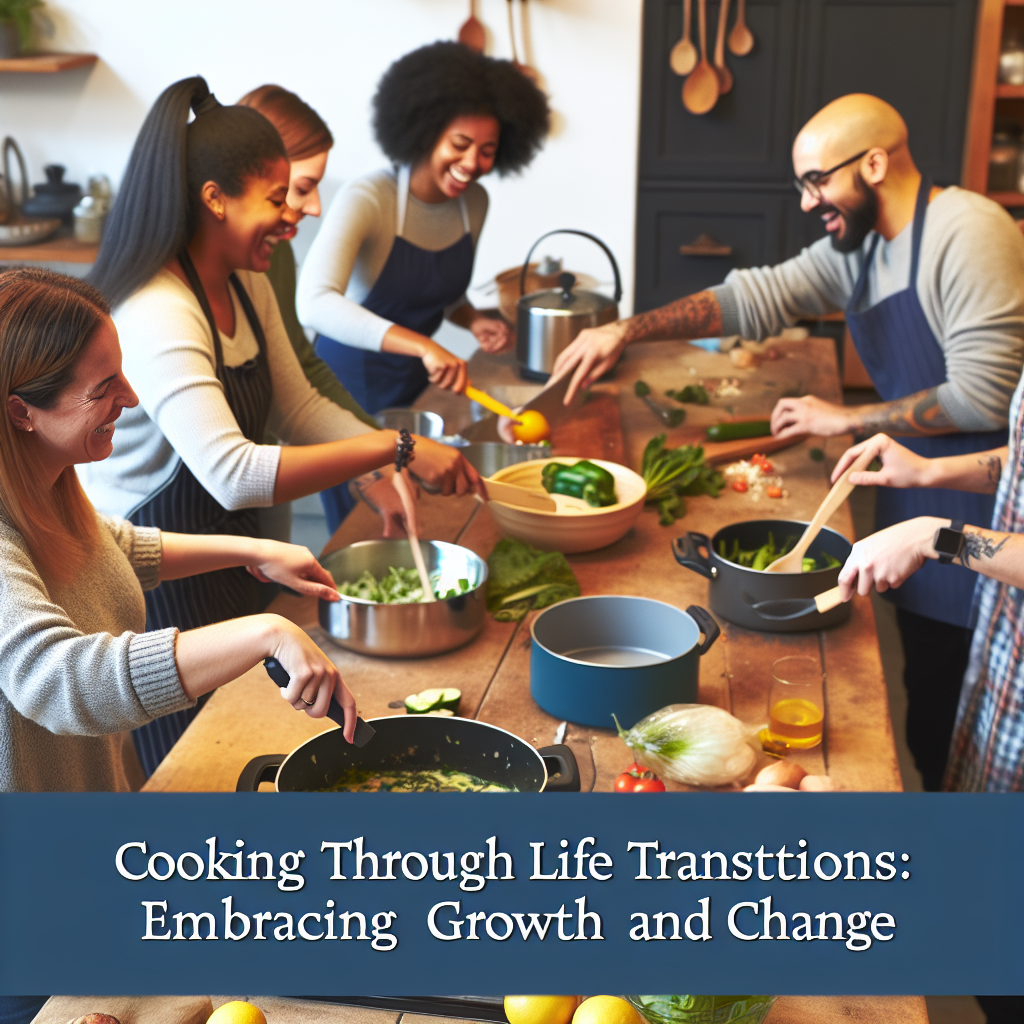Transition periods in life often bring about significant changes, including shifts in routines, environments, and perspectives. One common question during such times is: Did he cook with this transition? This article explores how individuals adapt their skills, habits, and resilience during life transitions, using cooking as a metaphor for growth and change.
The Impact of Transition on Personal Skills and Routine Adaptation
When faced with a major transition—such as a move, a new job, or a significant life event—people often question whether they are still capable of performing familiar tasks, like cooking. This process involves more than just physical ability; it’s deeply rooted in mental resilience, adaptability, and confidence. During transitions, individuals may find their routines disrupted, but it is precisely these moments that reveal their capacity to adapt and grow.
In the context of cooking, this shift can be seen as a metaphor for how we approach challenges: initially daunting, but ultimately an opportunity to innovate and improve. For example, someone might discover new ingredients, techniques, or cuisines that align with their evolving tastes or circumstances. This willingness to experiment demonstrates a critical element of resilience—transforming uncertainty into opportunity.
Moreover, transition periods often necessitate revisiting fundamental skills. Mastering basic cooking techniques or developing new recipes can symbolize the broader need to reassess and refine our habits, ensuring that we are prepared for future opportunities and obstacles.
Cooking as a Reflection of Personal Growth and Confidence During Change
Our ability to cook through life’s transitions reflects much about our inner resilience and adaptability. The act of cooking itself—combining ingredients, adjusting flavors, and experimenting with new methods—serves as a powerful metaphor for managing change.
- Creativity: Just as a chef remix ingredients, people reimagine their lives by blending new opportunities with past experiences.
- Patience and Persistence: Cooking requires time and adjustments, similar to navigating life’s uncertainties, emphasizing that perseverance is vital.
- Learning and Growth: Every new recipe or technique learned mirrors our personal development during transitional phases.
Through this lens, if he “cooked” with the transition—embraced change actively—then it indicates a healthy, adaptive mindset. Conversely, reluctance to engage or difficulty in adapting might suggest hurdles that need addressing to facilitate smoother transitions.
Conclusion
In summary, whether he cooked with this transition depends on his approach to change—whether he viewed it as an obstacle or an opportunity. Embracing change by adapting skills like cooking highlights resilience and growth. As life shifts, so too must our mindset and habits. Ultimately, active engagement in the process signifies mastery over transition and a readiness for the future.
